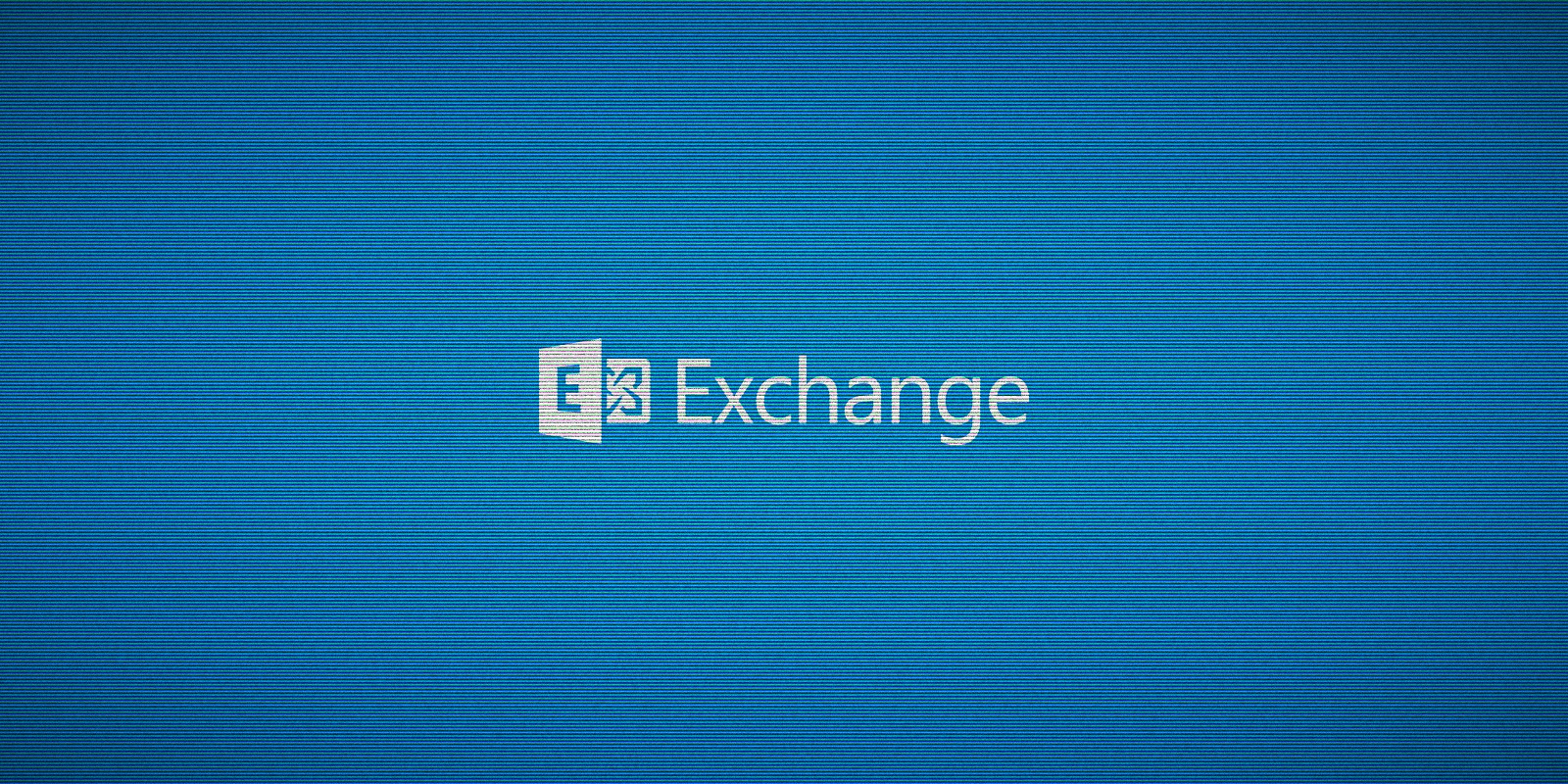silversurfer
Super Moderator
Thread author
Verified
Top Poster
Staff Member
Malware Hunter
Forum Veteran
- Aug 17, 2014
- 12,743
- 123,910
- 8,399
Technical details have emerged on a serious vulnerability in Microsoft Exchange Server dubbed ProxyToken that does not require authentication to access emails from a target account.
An attacker can exploit the vulnerability by crafting a request to web services within the Exchange Control Panel (ECP) application and steal messages from a victim’s inbox.
Tracked as CVE-2021-33766, ProxyToken gives unauthenticated attackers access to the configuration options of user mailboxes, where they can define an email forwarding rule.
As a result, email messages intended for a target user can also be delivered to an account that the attacker controls.
The bug was discovered by Le Xuan Tuyen, a researcher at the Information Security Center of Vietnam Posts and Telecommunications Group (VNPT-ISC) and reported through the Zero-Day Initiative (ZDI) program in March.
“In summary, when the front end sees the SecurityToken cookie, it knows that the back end alone is responsible for authenticating this request. Meanwhile, the back end is completely unaware that it needs to authenticate some incoming requests based upon the SecurityToken cookie since the DelegatedAuthModule is not loaded in installations that have not been configured to use the special delegated authentication feature” - Zero-Day Initiative
A patch has been available from Microsoft since July, according to the company's public advisory.
Rapid7's Tom Sellers notes that version numbers and dates indicate that the patches had been released as early as April, though.

Microsoft Exchange ProxyToken bug can let hackers steal user email
Technical details have emerged on a serious vulnerability in Microsoft Exchange Server dubbed ProxyToken that does not require authentication to access emails from a target account.